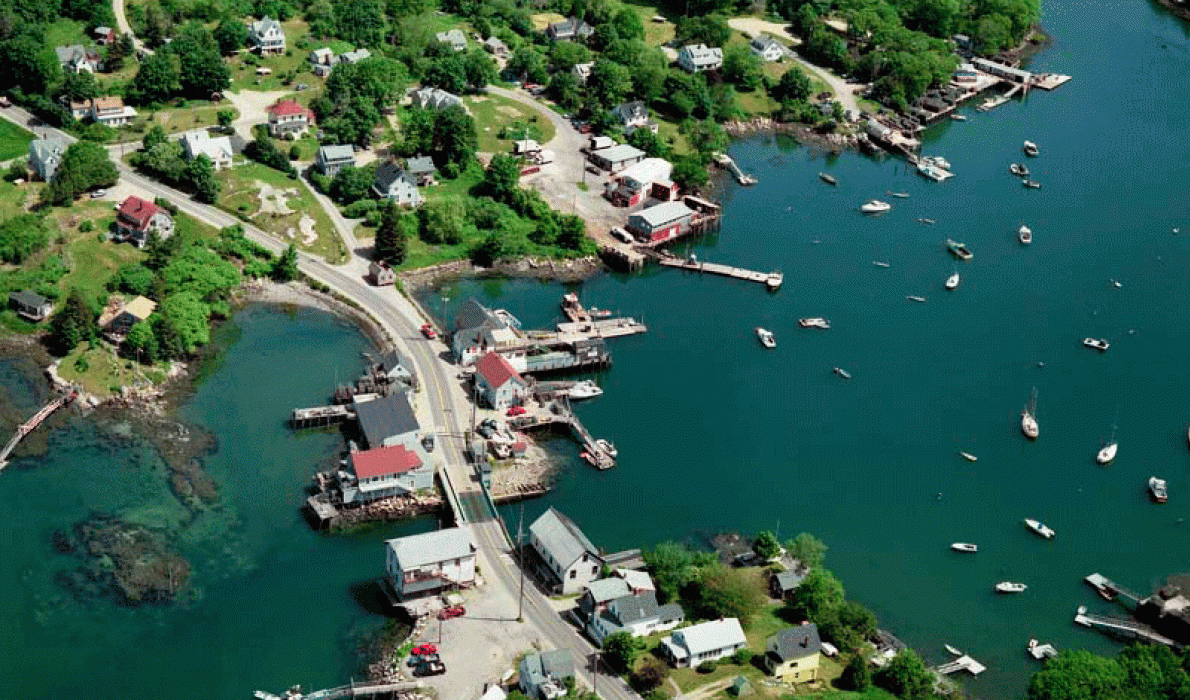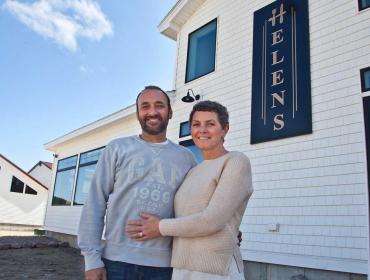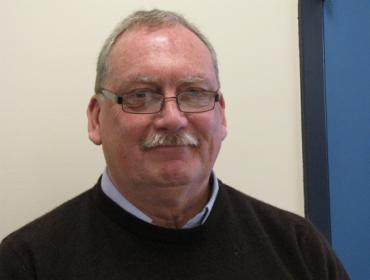Posted August 17, 2018
Last modified August 17, 2018
By Tom Walsh
The “Dam Strong” bumper stickers that have recently surfaced throughout the Lincoln County community of Bristol have now given way to a new message: “Dam Right.”
A special referendum on July 24 saw nearly 90 percent of Bristol residents who cast paper ballots approve repairs to the 101-year-old Bristol Falls Dam, rather than tear it down. There were 992 votes in favor of preservation and renovation of the 12.5-foot dam across the Pemaquid River and 105 votes against. On a separate ballot issue, 115 votes were cast to remove the dam, with 948 votes against removal.
The results authorize town officials to begin the process of soliciting design proposals for both dam repairs and upgrading existing fish passages for alewives, salmon, elvers, and other fish species that migrate from the sea into inland freshwater lakes above the dam.
“The selectmen will be setting up a committee to oversee the design and construction of a new fish passage,” Christopher Hall, the town administrator, said after the referendum results were announced. “We hope that by the end of this calendar year we will have selected a design proposal and begun the permitting process, which involves the state Department of Environmental Protection and federal approval, which DEP will seek on the town’s behalf. We hope to begin identifying and vetting qualified engineering firms over the next few months, with bids expected in September.”
The town already has in hand much of the funding required for the project. Months ago, a local family foundation anonymously donated $200,000 to be used to repair and upgrade the existing dam if that option was selected by voters. The July 24 referendum also authorized the town to transfer $40,000 in surplus funds to construction costs.
“Ninety percent approval is a pretty solid mandate to move ahead,” Hall said. “I expect the next public discussion will be at the next town meeting in March. Construction cannot begin until after the migration season next year, so work will probably begin next fall.”




